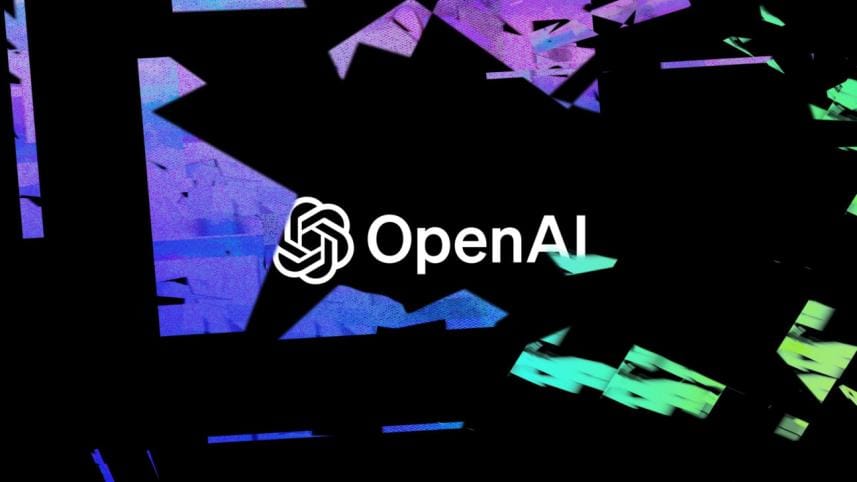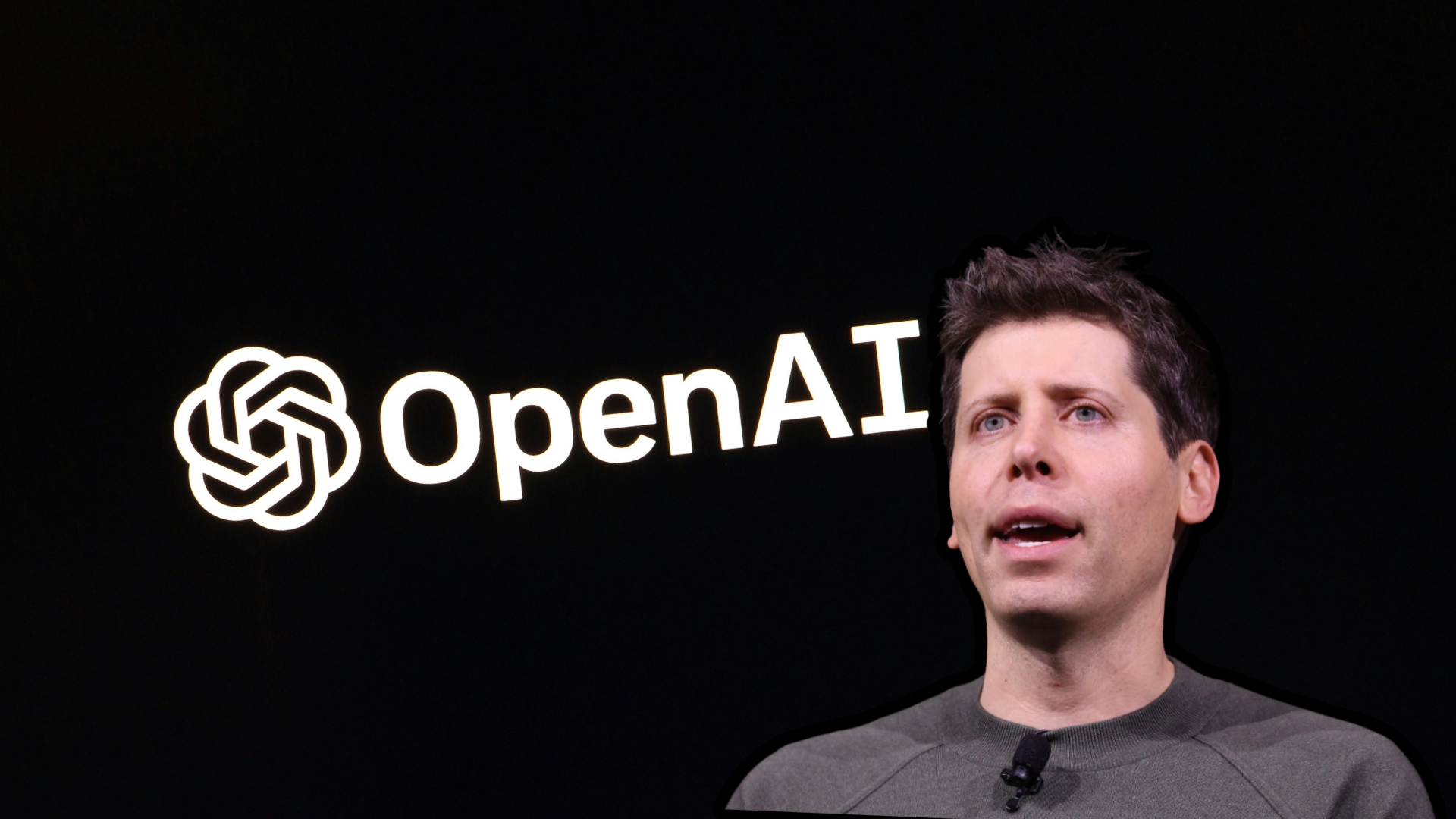OpenAI to turn for-profit: Here’s what’s happening

OpenAI, the company behind the popular AI chatbot ChatGPT, announced on Friday that it plans to restructure as a public benefit corporation (PBC) - shifting to a for-profit company from its previous non-profit structure.
According to the company, this change is aimed at helping the company raise more money to fund its efforts in developing advanced AI systems, including artificial general intelligence (AGI)—AI that could potentially surpass human intelligence.
How will this new structure work?
The new structure will turn OpenAI's for-profit branch into a PBC based in Delaware. This type of company is required to balance making money with benefiting society. OpenAI says this move will make it easier to attract investors who need a simpler setup to invest large amounts of money, as per a recent report by Reuters on the matter.
Competition in the AI field is growing quickly, with companies spending billions of dollars to advance technology, suggests the Reuters report. OpenAI's last funding round in October raised $6.6 billion, valuing the company at $157 billion. However, the funding came with conditions—OpenAI had to promise to remove profit limits for investors within two years.
Why this change?
In a blog post, OpenAI explained the need for the change, saying: "The hundreds of billions of dollars that major companies are now investing into AI development show what it will really take for OpenAI to continue pursuing the mission."
Even with the restructuring, OpenAI's nonprofit branch will still play an important role. It will own a large share of the new PBC, based on evaluations by financial experts, making it one of the best-funded nonprofits ever, says the company.
Concerns regarding this change
OpenAI's decision for a for-profit shift has sparked criticism and legal challenges. Elon Musk, a co-founder of OpenAI who left the company, has filed a lawsuit, claiming the move prioritises profits over public benefit and breaks earlier agreements. OpenAI has asked a federal court to dismiss the lawsuit, saying Musk originally supported the idea of for-profit changes.
Meta Platforms has also raised concerns, reportedly asking California's attorney general to block the restructuring. Critics argue that while PBCs are meant to balance public good and profits, there's no strong enforcement to ensure companies stick to their missions, adds the Reuters report.
OpenAI's decision reflects the growing pressure to keep up in the fast-moving and costly world of AI development. Whether the new structure can truly balance profits and public good remains to be seen.



 For all latest news, follow The Daily Star's Google News channel.
For all latest news, follow The Daily Star's Google News channel. 

Comments